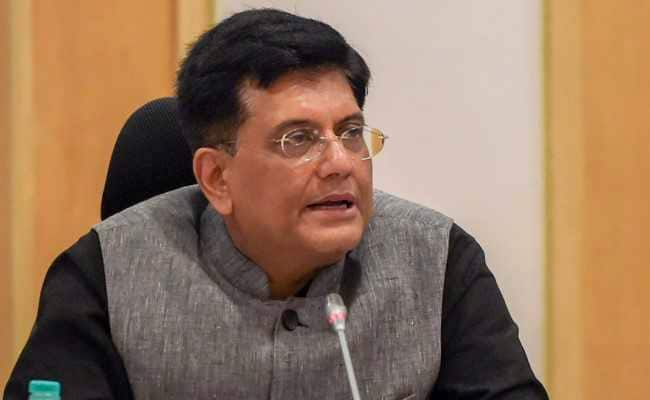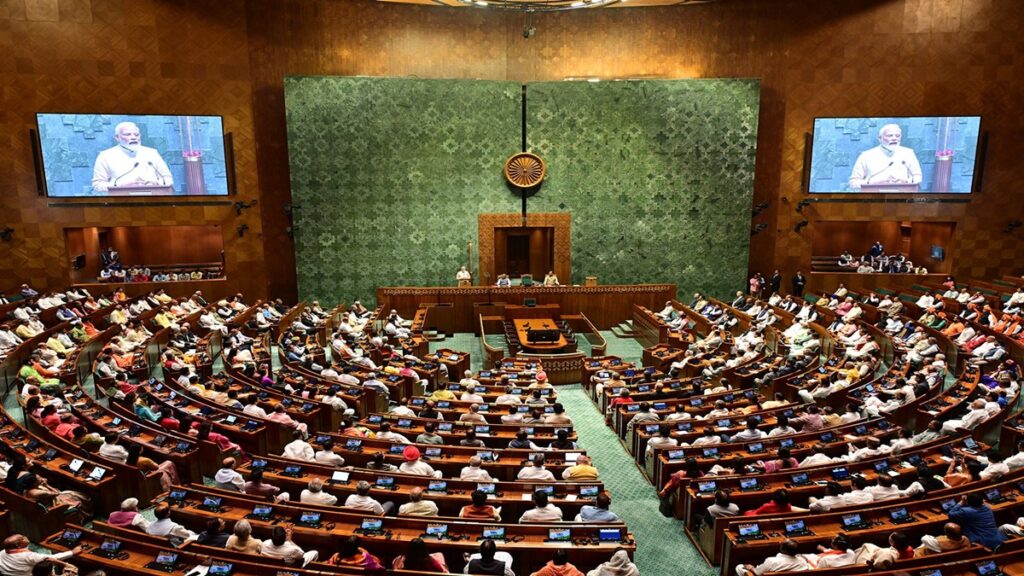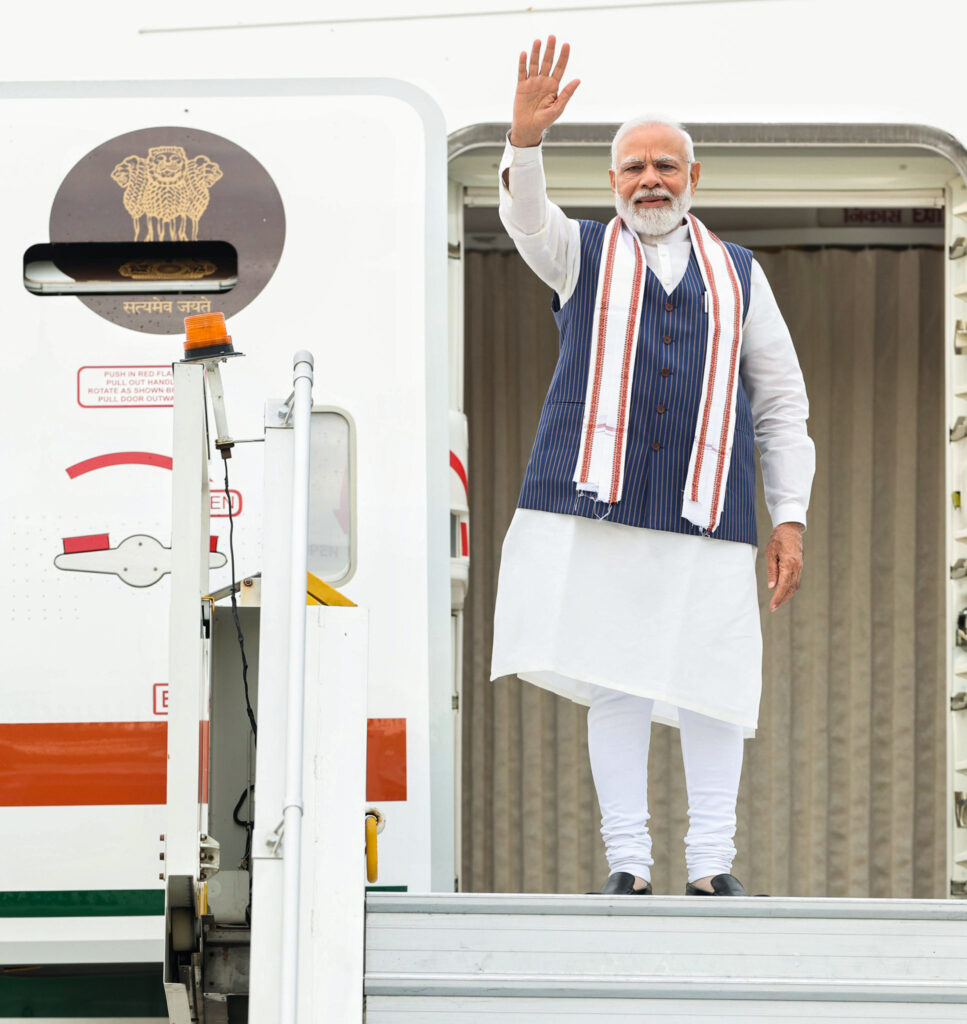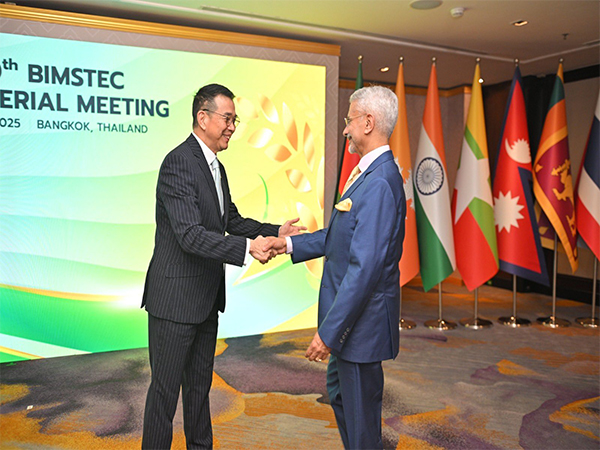Supply chain agreement in Detroit is expected to bring immense benefits for Indian manufacturing sector

The key benefits may include bolstering of domestic manufacturing capacities, enhanced exports from India, upward mobility in the value chains, mitigation of risks of economic disruptions to India, creation of a seamless regional trade ecosystem, enhanced trade facilitation etc.
The negotiations for the Supply Chains (Pillar-II) agreement during the second in-person Indo-Pacific Economic Framework (IPEF) ministerial meeting in Detroit, is expected to bring several benefits to India including shifting of production centres in key goods and critical sectors. It is also anticipated to give a boost to Aatmanirbhar Bharat, PLI schemes and mobilization of investments. Moreover, this supply chain related development may also lead to deeper integration of India in the global supply and value chains especially Indian MSMEs.
Hosted by the US, it is said that upon implementation, this supply chain agreement is expected to bring in a number of goods to India and the other IPEF partner countries. Some of the key benefits expected also include bolstering of domestic manufacturing capacities, which has wider ramifications for the Indian economy. The meeting was organized in Detroit, US.
In India, logistic services and infrastructure are also expected to get immense benefits from the agreement. Besides, enhanced exports from India, upward mobility in the value chains, mitigation of risks of economic disruptions to India from supply chain shocks or adverse events, creation of a seamless regional trade ecosystem facilitating flow of Indian products, enhanced trade facilitation including through digital exchange of trade documentation, quicker port clearances, joint Research and Development and workforce development are also expected to get a boost from the agreement.
It has been said that India and other partner countries will continue to engage to ensure effective implementation of the agreement, so as to achieve the overall objectives of the agreement which is to make IPEF supply chains more resilient, robust and well-integrated. It can substantially contribute towards economic development and progress of the region as a whole. This agreement is one of the fastest ever concluded plurilateral economic cooperation agreements.
Earlier, Union Minister for Commerce and Industry Piyush Goyal virtually participated in the ministerial meeting of the second Indo-Pacific Economic Framework for Prosperity (IPEF). It was launched jointly by the USA and other partner countries of the Indo-Pacific region on May 23, 2022 and has 14 partner countries including Australia, Brunei, Fiji, India, Indonesia, Japan, Republic of Korea, Malaysia, New Zealand, Philippines, Singapore, Thailand, Vietnam and USA.
The organisation seeks to strengthen economic engagement among partner countries with the goal of advancing growth, peace and prosperity in the region. The framework is structured around four pillars relating to trade- Supply Chains, Clean Economy and Fair Economy.









